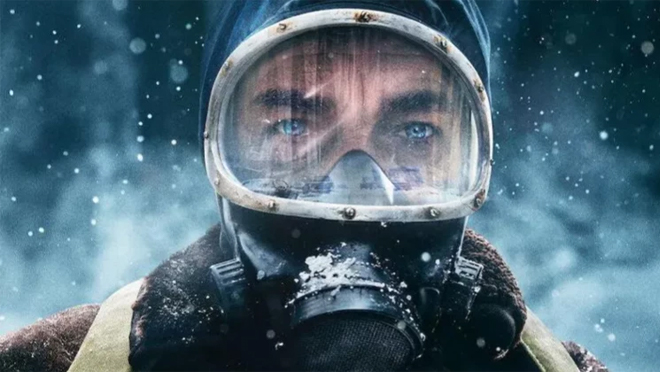Netflix uses AI effects for first time to reduce expense
Netflix uses AI effects for first time to reduce expense

Netflix has confirmed that it used generative artificial intelligence (AI) to create visual effects in one of its original series for the first time. Co-CEO Ted Sarandos revealed that the technology was employed to generate a scene depicting a building collapse in The Eternaut, a science fiction drama from Argentina.
Sarandos explained that generative AI, which can produce videos and images from text prompts, enabled the production team to complete complex sequences faster and at significantly lower costs. He noted that traditional methods would have made such scenes financially unfeasible for a series with a modest budget.
“This is the first time final generative AI footage has appeared on screen in a Netflix original,” said Sarandos, adding that the show’s creators were delighted with the results.
Netflix’s announcement coincided with its latest financial report, which showed a 16% year-on-year revenue increase to $11 billion for the second quarter, with profits rising from $2.1 billion to $3.1 billion. The success of Squid Game: The Challenge, the final season of the hit South Korean thriller, played a key role in the platform’s strong performance, drawing 122 million views so far.
Despite the technological innovation, the use of AI in the entertainment industry remains a contentious issue. Critics argue that generative AI may exploit existing creative works without consent and could lead to job losses.
These concerns were central to the 2023 Hollywood strikes, where actors and writers demanded clearer regulations on AI usage.
Filmmaker Tyler Perry even paused an $800 million expansion of his Atlanta studio in 2024, citing fears over AI’s potential impact on employment in the industry. The release of advanced tools like OpenAI’s Sora, capable of generating high-quality footage from text prompts, further fueled both excitement and anxiety across the creative sector.
Industry professionals, however, see AI as a new addition to the creative toolkit. Davier Yoon, co-founder of Singapore-based animation studio CraveFX, said Netflix’s move reflects a broader industry shift. “Generative AI allows smaller studios to create visuals that rival big-budget productions,” he said. “At the end of the day, it’s the artist—not AI—who shapes the final image.”
#With inputs from BBC


